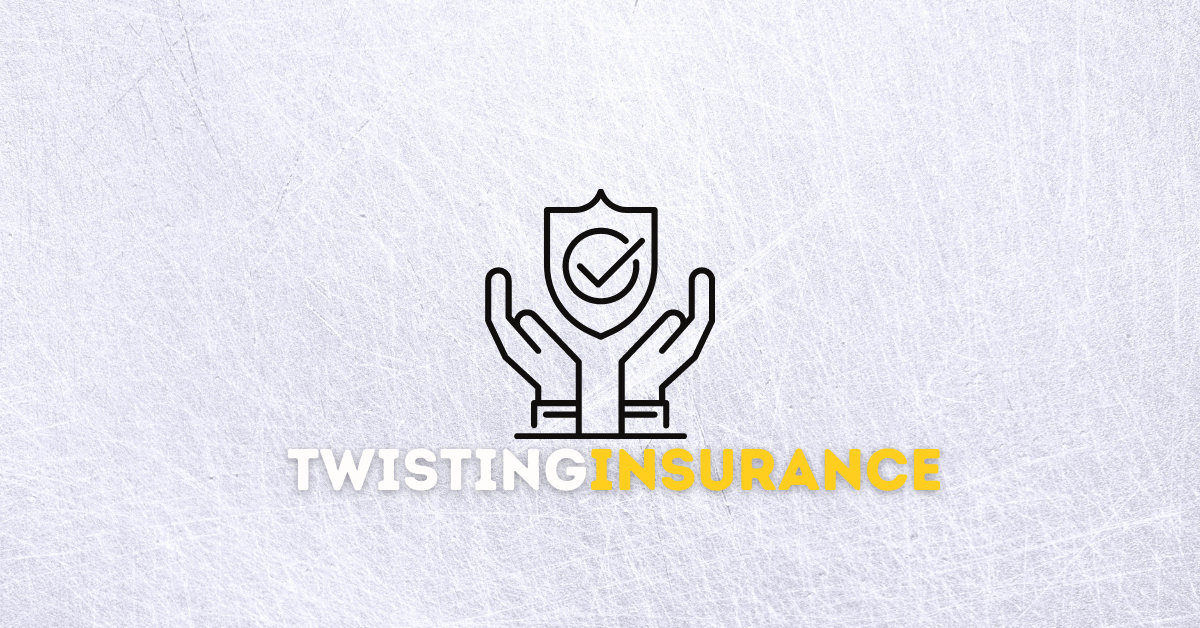The most common example of twisting in insurance is when an insurance agent changes something in the insurance policy so that the policyholder is denied payment. This occurs when the insurer misrepresents or fails to disclose a material fact that can invalidate a policy. While it is not the most common type of fraud, it is a serious one. Here are some ways that you can spot a twisted insurance agent: They may try to convince you to purchase a new policy based on misrepresentations.
First, don't buy a policy you're not familiar with. It's important to understand what the policy will cover before you sign up for it. The agent will explain what you should not be covered for. This information will help you decide if the policy is right for you and your needs. It's also a good idea to have all the documents in writing so that you'll be sure there are no stipulations.
Another way to avoid twisting in insurance is to understand the terms of the coverage you're purchasing. Your premium is an exchange for protection. Typically, a higher premium means more coverage. However, some policies offer equal or higher coverage for the same amount of money. Therefore, a salesman's promise to provide cheap or low-cost coverage may be misleading. Moreover, it's possible to get the same level of cover for the same price.
Insurance twisting is another common form of fraud. This type of insurance scam involves the manipulation of the process between a customer and an insurance agent. The agent may manipulate the information provided by the consumer to increase their income, or to convince them to purchase a new policy. While there are other ways to avoid twisting in the insurance business, the most obvious way is to call the agent and ask for a written copy of the policy before you make the purchase.
Insurance twisting can be a big scam, but it's not illegal. As long as you're being honest with your insurance agent, you can't be held accountable for this type of fraud. The National Association of Insurance Commissioners has created a model law to prevent this type of fraud, which is why most states have enacted laws prohibiting it. But the best way to avoid this type of fraud is to follow the rules and be vigilant.
In order to avoid twisting in insurance, it's important to understand the terms of your policy and how you will benefit from it. This means that you must agree with your insurance agent and have all documents in writing. While this is not foolproof, it is a good start. If you're unsure about how to avoid this type of scam, call an insurance agent and ask for a copy of the contract. Despite its negative reputation, this tactic is illegal and can lead to lawsuits.
Insurance twisting can be very dangerous. This tactic involves convincing a client to surrender their policy to a competitor. By twisting, they're hurting their clients financially. The insurance agent's commissions are high, so it's hard to say that they're acting in their client's best interests. While twisting in this way may seem like a good way to save money on insurance, it's also not a good way to protect yourself.
The best way to avoid twisting in insurance is to understand your policy. The key to avoiding this tactic is to understand the scope of coverage, agree with your agent, and get all of your documents in writing. Remember that there are times when a policy can be twisted to make the agent's commission higher. By asking the agent to provide the details of the coverage, you can avoid this tactic, which may result in the cancellation of the policy.
It's also important to understand the scope of coverage of an insurance policy. The more coverage a policy provides, the larger its premium. However, it's not always wise to accept a policy that offers too little coverage. Instead, look for a cheaper alternative. And beware of insurance agents who twist your policy to make it more profitable. When you're shopping for insurance, it's important to ask for a quote that will include the same amount of coverage, and compare it to the same one from the other insurer.






0 Comments